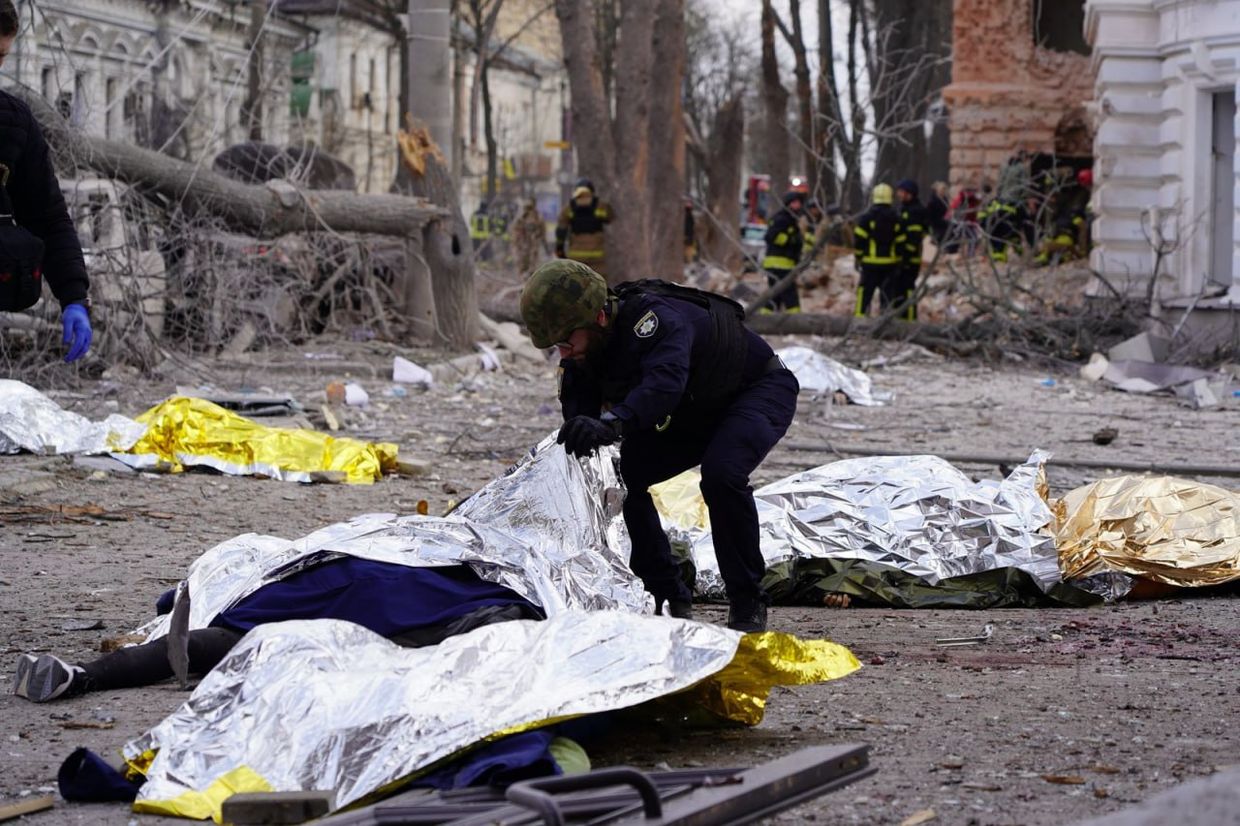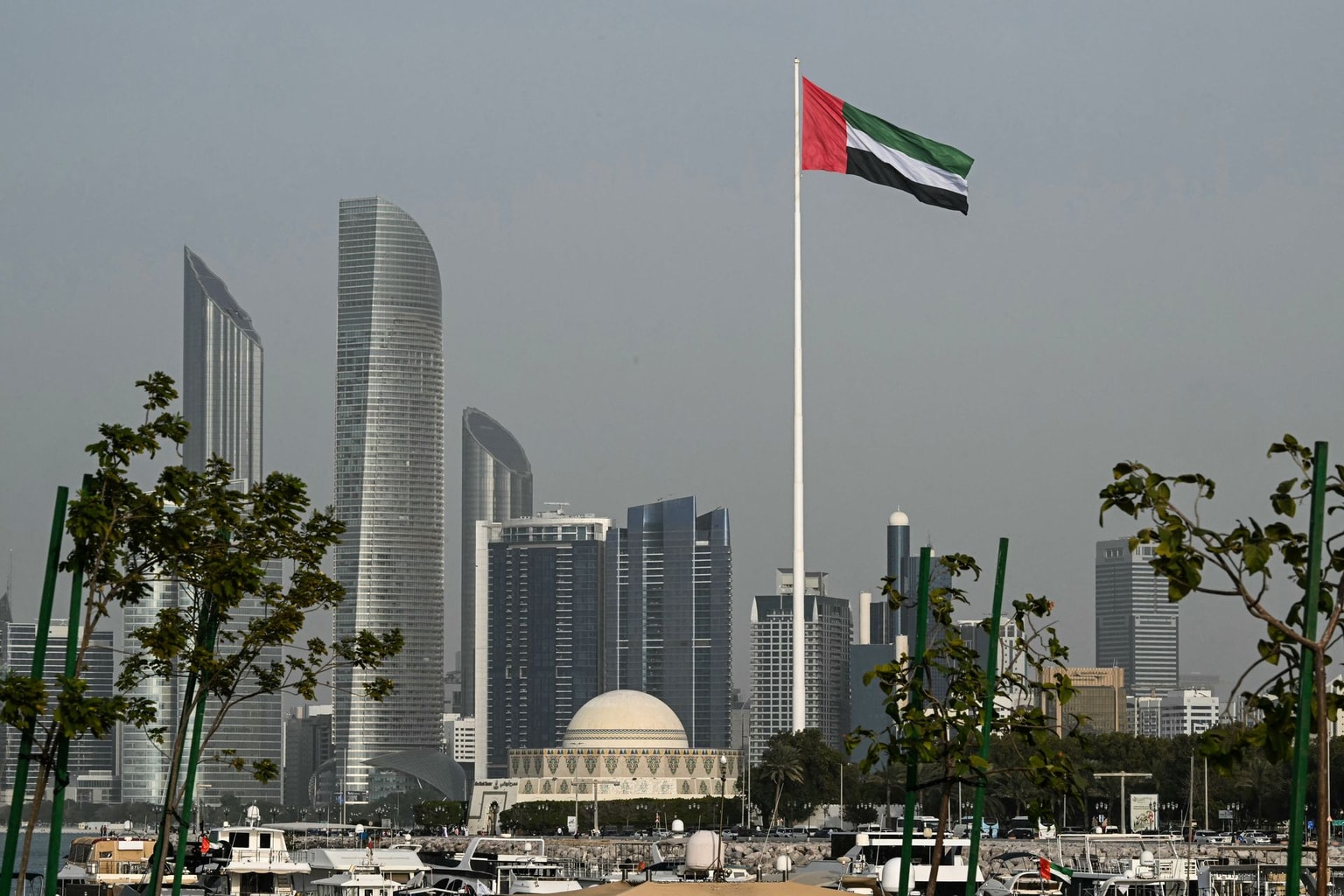Moldova aims to conclude EU accession talks by end of 2027

Moldovan President Maia Sandu said on April 13 that she hopes her country can wrap up EU accession talks by the end of 2027, warning that upcoming parliamentary elections will be critical in preserving Moldova’s pro-European trajectory.
Speaking on a Russian-language podcast with journalist Ivan Svyatchenko, Sandu said the Moldovan government is committed to pushing forward swiftly with EU talks.
"We want to conclude the negotiations by the end of 2027. This is a very serious and realistic plan. I truly hope we do not miss this chance," Sandu said.
Moldova formally launched accession negotiations with the EU in June 2024, two years after applying for membership alongside Ukraine.
Sandu emphasized that continued progress will depend on the outcome of this year’s parliamentary elections, which she described as "decisive for preserving peace and the European path."
Sandu warned that a pro-Russian majority in the next legislature, which will be voted on no later than October, could derail Moldova’s strategic direction and expose the country to geopolitical risks.
"First of all, it creates huge risks for our peace. We know that Russia wants to use Moldova against Ukraine. This is clear to everyone and implies serious risks for our country," Sandu said.
Russia has occupied the eastern Moldovan region of Transnistria since the 1990s, currently stationing some 1,000 soldiers near the Ukrainian border.
Moldova has seen growing political polarization over its future alignment, with many citizens supporting closer ties with the EU while others remain skeptical or favor closer ties with Russia.
Moldovans narrowly approved a constitutional referendum to enshrine EU integration in October 2024, though the result was largely driven by votes from the diaspora. Turnout stood at 50.35%, with domestic voters mostly rejecting the initiative.
Despite the split at home, Sandu has consistently framed EU integration as essential for Moldova’s future.
"We always say that Moldova will be safer in the EU," she said. "And there are a lot of things we can lose."
The Moldovan president also highlighted the benefits of EU support, pointing to infrastructure development and economic assistance. "Moldova needs the EU’s support - whether for economic growth or building roads and bridges. Everything we do today is mostly done with EU help."
Moldova has faced a campaign of foreign interference, with Prime Minister Dorin Recean saying that Russia spent nearly 200 million euros ($230 million), about 1% of Moldova’s GDP, to influence the presidential election and a referendum on EU accession in 2024.











